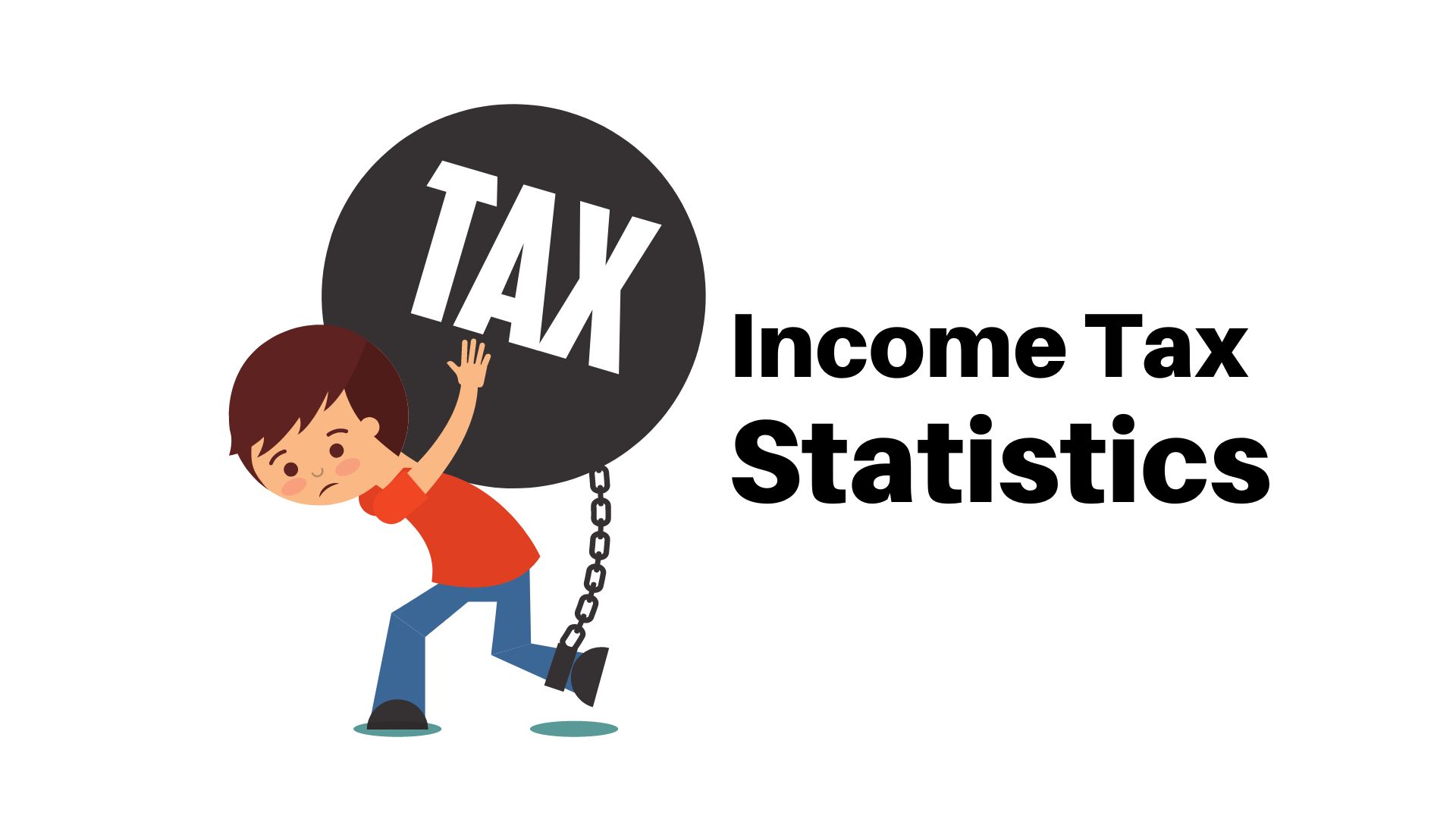Six Keys for Using CRM to Boost Brand Advocacy
In customer service, high ratings for the call center aren’t good enough anymore. These days, top management wants CRM to turn customers into brand advocates. Much of the burden for achieving this goal is falling on IT, which is supposed to employ new (or maturing) CRM capabilities such as predictive analytics and social media integration to get the job done.
Customer service can turn customers into brand advocates – but it takes more than IT magic. Here are six underlying principles that are crucial for success. All but one require close cooperation between line management and IT. Ignoring any of them can doom a program to a failure — for which IT will likely take the blame.
Confront cultural issues. CRM has its roots in call center management, and its primary goals have always been a) managing transactions efficiently and b) increasing the dollar value of those transactions. Fostering brand advocacy requires a broader, long-term view, including:
- New goals. Rather than asking whether a new process will be more efficient, decision-makers must ask whether it will make customers happier – and by extension, more likely to become advocates.
- New metrics. Advocacy is a behavior that can be measured quantitatively, through surveys, tracking “likes” on Facebook or via mechanisms that count (and often reward) actual recommendations made via the company website or reward program. At minimum, IT needs to be sure these advocacy metrics are available.
- New internal reward structures. If agents, supervisors and call center managers continue to be rewarded on the old, efficiency-based metrics, they will continue to base their day-to-day decisions on that metric. This will surely undermine the success of any advocacy initiative.
- New training. While training is beyond the purview of IT, it’s still a necessary condition for success.
Redefine efficiency. To build brand advocacy, it’s necessary to re-define efficiency and view it from the customer’s point of view. This doesn’t mean throwing traditional call center metrics out the window. Shorter call handle times are still important, and CRM applications should be configured to achieve this goal. But in order to see efficiency from the customer’s point of view, call handle-time metrics must be augmented so they include how long the customer has to wait on hold and how long it takes to navigate the phone tree.
Unfortunately, IT organizations being asked to implement advocacy-oriented CRM systems have no control over some of the important success factors, such as call center head count (which obviously affects hold times). But IT can provide customer-oriented metrics as a basis for decision making.
Reward Your Advocates. Academic research indicates the most active brand advocates are worth more to a brand over the long term than customers with the greatest estimated lifetime value in terms of personal spending. To be successful in building brand advocacy, companies must understand this, and then provide ways to actively promote advocacy. For example, companies with rewards programs should consider giving participants points for recommendations as well as for purchases. Doing so means creating extra business rules and adding new inputs to the rewards system, but it’s worth the effort.
Recalculate tiering, but don’t abandon it. It’s a fact of life in customer service that you can’t please all of the people all of the time. In a perfect world, every customer would have short wait times and get to a live human being quickly when necessary. In the real world, the best customers (the biggest spenders and the most active advocates) should be given preference, for the simple reason they are the customers who are most likely to grow the business, both in the short term and the long term. Beyond that, failure to give preferred service to some groups of customers overloads resources to the point where no customer – preferred or not – gets the level of service that inspires advocacy.
Support a forum for customer advocates. If your company wants customers to advocate for your brand online as well as in person, you need to make it easy. There are a couple of options. The first is to build or buy code for a comment section that’s integrated into your website. Commercially available buy options include DiscussIt and PHP Jabbers’ Post Comment. Features you should consider include moderation – the ability to block objectionable comments – and Captcha protection to block spam. Brands for which a core of enthusiasts already exists are especially good candidates for this type of approach, as they will likely begin to exchange with one another and even solve problems for one another.
Another option is to let your Facebook page stand in for the comment section of your website. Enabling users to quickly link to your Facebook page can be as simple as adding a “Like” button, which involves nothing more than a few lines of JavaScript, to custom solutions. One of the big benefits of using Facebook is that it allows you to harvest large amounts of demographic data about customers. There are plenty of tools to accomplish this, but there may be privacy concerns – or laws – that cover this kind of data collection.
Make Building Advocacy a Team Effort. A number of IT vendors now offer brand advocacy solutions that truly can deliver. However, in their presentations they are likely to set expectations that are off the charts. IT can – and should – inject reality into the discussion and make it clear that marketing and finance-based policies are part of the path to success.
Michael Stevens has over 20 years experience in business and technology writing, having worked as both a journalist and marketing consultant. His recent clients include IBM, HP, Dell, Intel and numerous mid-sized companies. He is also the author of Fortuna, a high tech thriller published by Oceanview Press and available on Amazon.com. Stevens is a Phi Beta Kappa graduate of the University of California at Berkeley and is fluent in several European languages.

Michael Singer is a career coach, podcast host, and author to help you step into a career you're excited about. Currently, He is a coach and trainer helping entrepreneurs and executives achieve business and leadership success. He is also an award-winning business journalist focused on the intersection of technology, Big Data, Cloud, SaaS, SAP, and other trending technology.


